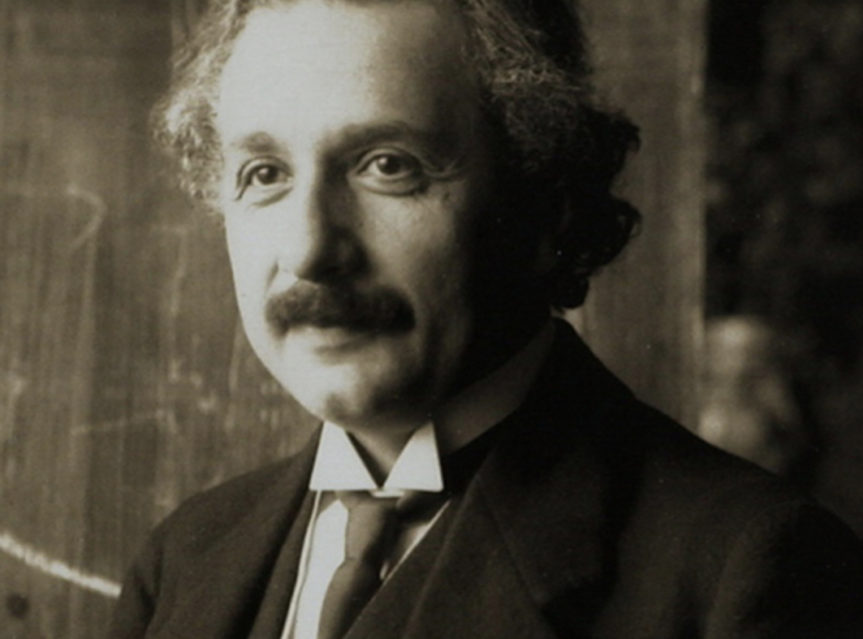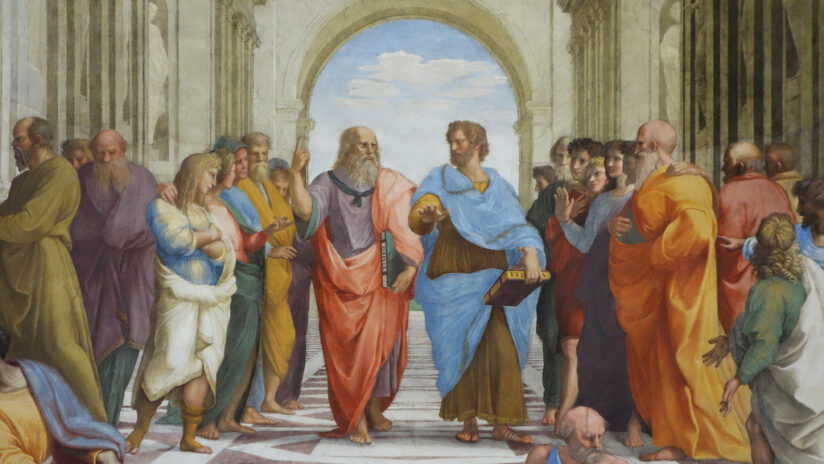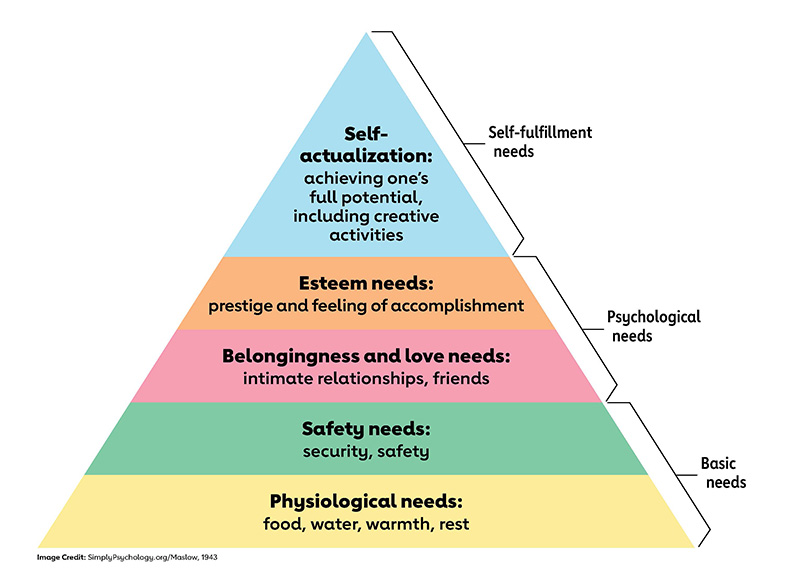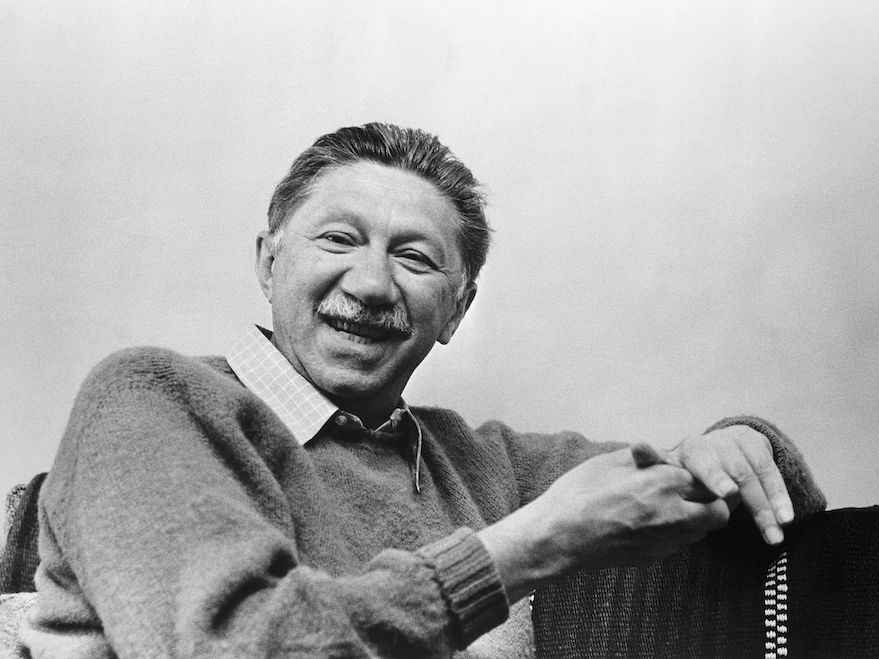
A most asked question in the history of humanity is “What is the meaning of life? What are we doing here?”
For some, the meaning is finding food and shelter, for others it is success in work or a happy settlement, and for another, it is living on the impulse –seeking pleasure whatever that signifies individually (for example, going across town for the chocolate that I particularly like instead of finishing an important job for me and others, or perpetual travelling for somebody else who otherwise becomes restless and meaningless at home, seeking to supplant meaning by buying another house or another fancy car, gruesome spending, adherence to social media networks, glory, etc.) There are so many books written on the topic and surely more is underway with upcoming new trends in neuroscience of consciousness and happiness. But here are three viewpoints on the meaning of life that I like the most and somehow don’t get tired of them over the years. One is from physics, concerned with search of man’s place in the universe; next is from Greek philosophy which raised this question ages ago, and the third is from the field of psychology, cutting-edge studies on the human need for crafting meaning.
Physics

Einstein (1879-1955), the wise and genius physicist who immensely contributed to humanity with his knowledge of energy, time, space, relativity and gravitational waves, dwelled way ahead his time.
He stated that the meaning of a particular human life depends on how the person conceives his life with respect to the lives of his fellow human beings. Whatever one’s pursuit is, the meaning of his life is measured by the contribution he makes to others’ lives, or to humanity in general. A primitive human being on this scale is one who solely devotes his life to the gratification of his instinctual needs and desires, over and beyond what is legitimate and essential. As one moves from this infantile state of disconnected selfishness to a state of responsible unity with the universe, human life takes on meaning.
When we survey our lives and endeavors, we soon observe that almost the whole of our actions and desires are bound up with the existence of other human beings…
The individual is what he is and has the significance that he has not so much in virtue of his individuality, but rather as a member of a great human society, which directs his material and spiritual existence from the cradle to the grave.
A man’s value to the community depends primarily on how far his feelings, thoughts and actions are directed towards promoting the good of his fellows. We call him good or bad according to how he stands in this matter.
It is very important to ask ourselves how to conduct our lives. In my opinion the answer is serving of the needs of fellow beings, and achieving harmony and beauty in human relationships. This presupposes a good deal of conscious thought and of self-education.
The most important human endeavor is the striving for morality in our actions. Our inner balance and even our very existence depend on it. Only morality in our actions can give beauty and dignity to life. To make this a living force and bring it to clear consciousness is perhaps the foremost task of education. The proper guidance during the life of a man should be the weight that he puts on ethics and the amount of consideration he has for others.
Ancient Greek Philosophers

Since the time of Socrates (c. 470-399 BC), the ancient Greeks discovered the meaning of life, and their discourse has commonalities with Einstein’s opinions.
Greek philosophers led by Socrates, Plato (c. 428-348 BC) and Aristotle ( 384-322 BC) depicted that hedonistic pleasures are fleeting and they fall short in making meaning of life. Virtue put in action is necessary for a life worth living, otherwise the soul is ruined by wrongdoings and a deeper or a hidden part of us would know it. In this state of lacking inner harmony, we will be at war with ourselves. Never feeling satisfied with what we have and always striving for more will unavoidably remove the essential meaning from our life, and consequently leave oneself desperately face to face with his dominating and insatiable ego.
Psychology
Psychology distinguishes what the ancient Greek philosophers named as hedonism –the excessive value of pleasure – as a maladaptive pursuit which does not serve one’s being in life. Prioritizing of pleasure over other life values negatively affects well-being because sensational pleasures are by nature short-lived and one needs to replenish them quite often. Life itself may become a quest for pleasure, ceaselessly swaying from one kind to another. People cruising life in this mindset are found to be less conscientious, more selfish and display loose moral convictions.
Schools of psychology agree that every human being is free and therefore responsible to discover his own unique meaning and what he is bringing into his life.
They anonymously state that humans are wired to make sense of the world they live in, and they thrive when they find the meaning of life and they tend to suffer more in the absence of a meaningful purpose. The void created is quickly refilled by demands of the ego which supersede over the needs of the soul. Martin Seligman, one of the pioneers of positive psychology states that the sense of meaning is derived from pursuing one’s goal in the service of something of wider significance than oneself (e.g. family, community, or society…)
A reliable reference which helps to determine where we are and how we are doing in life, is the pyramid of Abraham Maslow (1908-1970). It looks simple yet it succinctly distinguishes where we stand in life in terms of our needs and goals. We can easily map down our current stage(s) as a human being completing our temporary journey here on earth.


When most of us, if not all, are totally submerged in materialism in the hum of everyday life, pulling oneself to rise above materialistic needs and desires, to transcend to one’s higher self surely takes a lot of effort, self-mastery and courage. The goals and accomplishments become more spiritual as the person transcends higher in the pyramid, and then he can get to speak about becoming a real human being who has actualized his “potential good”, his creative talent, his character virtue(s) and who perhaps have attained the chance to serve humanity. Maslow stated that as the person ascends in this pyramid, his contentment of having completed one stage only brings a temporary satisfaction, followed by a restless feeling and a wish to go higher. The satisfaction is short-lived because it is in human nature to rise higher.
However the process becomes more complex as one approaches the peak of the pyramid towards self-actualization. The aims and gains transcend the purely material realm, the nuances become more subtle and yet more profound. There is a shift in the mindset as regards the priorities in life. He seeks ways to contribute to the world, and to something greater than himself. He is more likely to access his higher dimension. At that stage, the inner happiness and contentment are different than ephemeral hedonistic pleasures.
As Aristotle once said, “the good” in human form is revealed as the individual becomes more “functional,” and beneficial to his fellow human beings. The meaning of life takes on a different hue and the inherent joy motivates one to do even more good. Ancient Greek philosophers identify this higher state similar to what one attains at the peak of Maslow’s pyramid — εὐδαιμονία —eudaimonia, the happy, welfare state of the “good spirit” embarked in the human being. Having effortfully strived to emerge above the demands of our ego, even if for a second, we become liberated to live up to our meaning, values and dignity, and we become happier.
Duygu Bruce







